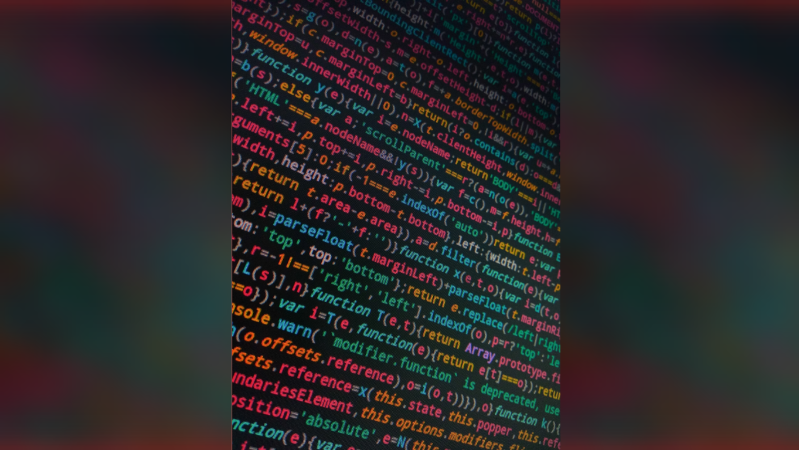Join us for an enlightening lecture with Professor Martin Kretschmer, as he delivers the G-IPTech Lecture at Queen's University Belfast School of Law.
- Date(s)
- January 25, 2024
- Location
- The Moot Court, School of Law, QUB (MST.02.006)
- Time
- 12:00 - 13:30
- Price
- Free of charge
Professor Martin Kretschmer, a leading authority in intellectual property law and digital legal frameworks, Director of CREATe and Professor at the School of Law, University of Glasgow, is renowned for his groundbreaking research and contributions to the understanding of law in the digital age, making him a pivotal voice in debates around legal and regulatory issues in technology.
This event will take place on January 25, 2024, from 12:00 to 13:30 pm in the Moot Court room. Professor Kretschmer will delve into the intriguing topic "Ruled by Codes?", exploring the evolving landscape of digital regulation.
Codes of conduct and Codes of practice play an increasingly important role in new regulatory frameworks proposed for digital contexts. Private actors may devise rules that are approved or modified by a regulator, or even a government minister. This emergent form of co-regulatory rule making appears in overlapping fields, such as Online Harms, AI Regulation, Competition Law and Intellectual Property Law. For example, under the EU Digital Services Act, the Commission will ‘encourage and facilitate the drawing up of codes of conduct at Union level’, with a focus on tackling ‘different types of illegal content and systemic risks’ (Art. 35).
In the UK, the Intellectual Property Office (IPO) has been instructed to produce a code of practice between rights holders and AI firms to ensure that AI firms can access copyright work as an input to their models. This may cover licences, labelling and enforcement (HMG Response to Vallance report, March 2023).
Codes of practice and Codes of conduct imply ongoing revision and flexibility, which makes them a potentially attractive regulatory tool for fast developing industries and markets. Unlike statutes, codes do not involve a complex legislative procedure, which means that they can be adopted quicker and be more responsive to changing circumstances.
However, since naming something a ‘Code’ does not imply any legal form, standing or required level of enforcement, basic ‘rule of law’ questions remain unaddressed. In this talk, I’ll review Codes of conduct and Codes of practice currently operational in the UK, by statutory basis, regulatory status, imposed legal obligations, and enforcement powers.
Questions to be raised will include: How do parties come within scope of a code (self-assessment, designation: quantitative/qualitative)? What are the types of obligations or duties (monitoring, behavioural obligations)? What is the role of the regulator (if any)? Are there levers for enforcement (sanctions such as fines, director liability)? Have they been exercised (incidences, process, results)? Are there transparency obligations (about process and decisions)? Are there safeguards (can decisions be challenged? how?) How will a code be amended or be revoked?
For background reading see M Kretschmer, U Furgal and P Schlesinger, 'The Emergence of Platform Regulation in the UK: An empirical-legal study' (31 December 2022) 2(2) Weizenbaum Journal of the Digital Society
This lecture promises to be an invaluable opportunity for scholars, legal professionals, and students to gain insights into the dynamic interface between technology and law. Professor Kretschmer's expertise will provide a deep dive into how these codes operate within the UK's legal landscape, posing essential questions about their effectiveness and implications for the rule of law.
| Name | Deaglan Coyle |
| Phone | 02890973293 |
| d.p.coyle@qub.ac.uk |

